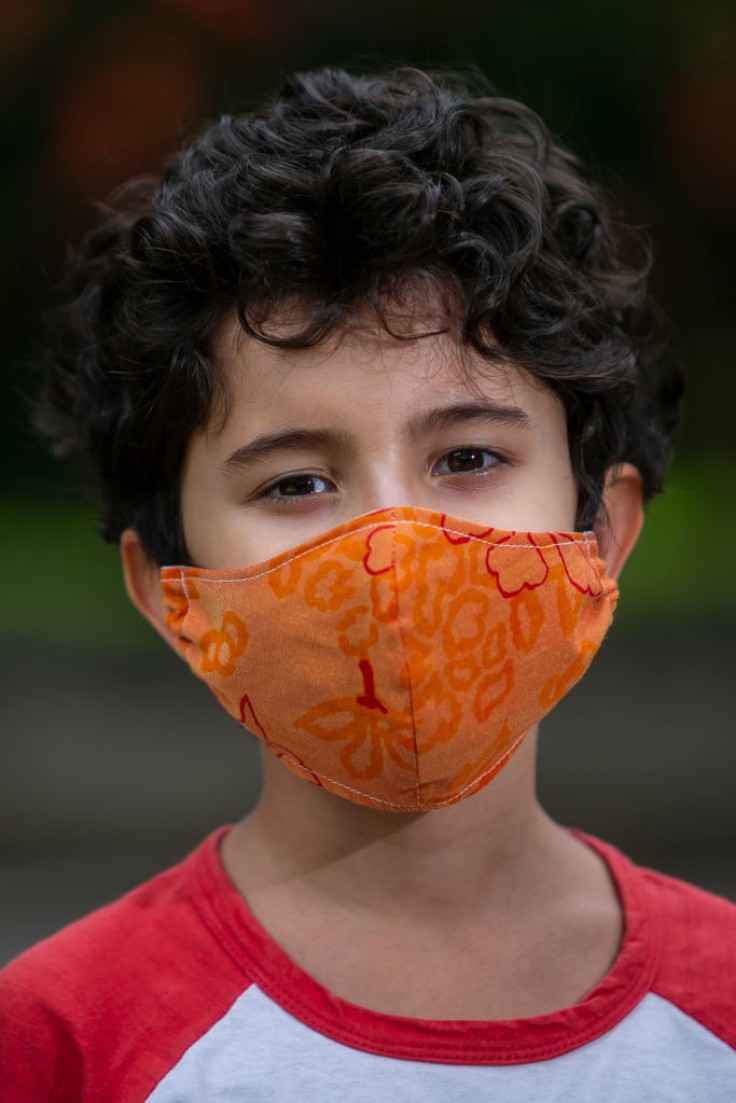
Pre-schools and elementary schools across the United States and the world have reopened, yet the risk of the COVID-19 pandemic is still very much real. More than half of educational institutions require children to wear masks the entire day, and no matter whether the kids are indoors or outdoors, they have to use them.
Some kids may be uncomfortable breathing through a mask, which may cause them to pull it down, chew on it, or turn it into an entire mess. In addition, schools mostly require cloth masks for kids. However, the protection of cloth masks is insufficient against the Omicron variant.
According to NPR, experts say that cloth masks are not enough to protect yourself from Omicron. It is much more transmissible and highly contagious than the Delta variant. Based on research, the latest variant travels three times faster, and on average, a single person infects at least three others at a time.
A person may not have contracted COVID-19 previously with the other variants. However, researchers believe it is next to impossible not to be infected with Omicron. This is why a cloth mask may be an "okay" or "decent" filter. However, with the high transmissibility of Omicron, a high-filtration mask is recommended.
According to the American Academy of Pediatrics and the Children's Hospital Association, there has been a dramatic surge of COVID-19 cases among children across the United States when the Omicron variant appeared and spiked. As of January 20, more than one million child COVID cases have been reported, a 17 percent increase from the previous week's report. Out of almost 11 million children who have tested positive for COVID-19 since the start of the pandemic, more than two million of these were cases from just two weeks of January.
Yes to vaccination, no to mask on children
More groups recognize the challenges of masking children, and while some upgrade the kids' masks, some want to end it altogether. Interestingly, a third group of these people say yes to vaccination but no to masks.
According to data scientist Jeremy Howard, good masks are hard to find since KN95s, KF94s, and even N95s for children do not come by easily. This is because these masks have been designed for work safety and not for pediatric use.
According to pediatrician Danny Benjamin, the risk of COVID spread is lesser in school districts requiring masks than those who don't. However, cloth and even surgical masks are ineffective in battling the Omicron variant. In addition, it is a considerable challenge to require kids to wear masks properly. This is especially true for younger kids and children that have special needs.
Challenges in masking children
Apart from finding the most appropriate masks for kids to help mitigate the Omicron problem, other challenges come with masking children, such as difficulty hearing and understanding speech. Also, masking affects a child's brain and emotional development, and masks also prevent social interaction, which poses a considerable threat to the psychosocial development of kids.
Although the benefits of masking are tremendous, these have to be balanced with the risks they pose to young kids. As more and more scientists and doctors hope that mask requirements be relaxed, vaccination may help address some challenges.